- About us
- Support the Gallery
- Venue hire
- Publications
- Research library
- Organisation chart
- Employment
- Contact us
- Make a booking
- Onsite programs
- Online programs
- School visit information
- Learning resources
- Little Darlings
- Professional learning
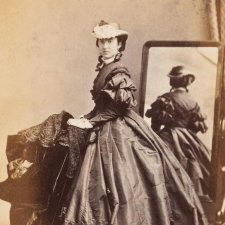
The death of a gentlewoman is shrouded in mystery, a well-liked governor finds love after sorrow, and two upright men become entangled in the historical record.
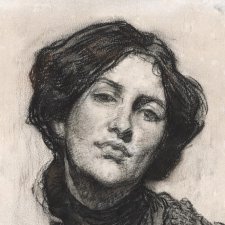
Long after the portraitist became indifferent to her, and died, a beguiling portrait hung over its subject.
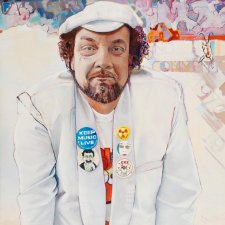
Dr Sarah Engledow discusses the recent gift of works by David Campbell.
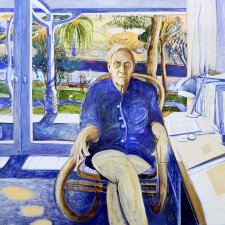
Sarah Engledow describes the fall-out once Brett Whiteley stuck Patrick White’s list of his loves and hates onto his great portrait of the writer.
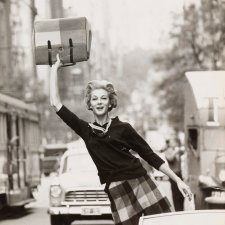
Dr Sarah Engledow puts four gifts to the National Portrait Gallery’s Collection in context.
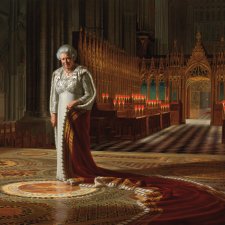
Dr Sarah Engledow tells the story of The Queen’s Diamond Jubilee portrait by Australian artist Ralph Heimans.
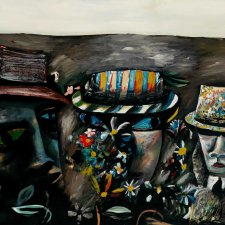
Dr. Sarah Engledow explores the context surrounding Charles Blackman's portrait of Judith Wright, Jack McKinney and their daughter Meredith.
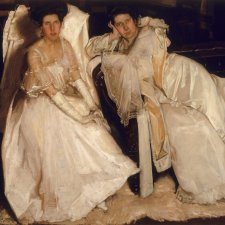
Sarah Engledow is seduced by the portraits and the connections between the artists and their subjects in the exhibition Impressions: Painting light and life.
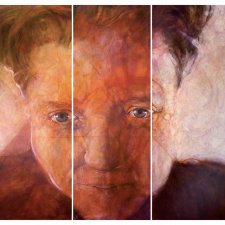
Peter Ciemitis breached regulations when creating the portrait of the polymath environmental scientist George Seddon.
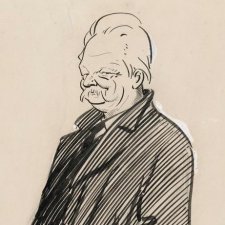
Dr. Sarah Engledow tells the story of Australia's first Federal statistician, Sir George Knibbs.
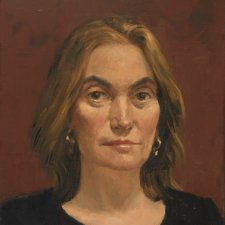
Sarah Engledow reflects on the shared life and writing of Dorothy Porter and Andrea Goldsmith.
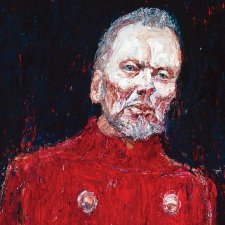
Sarah Engledow steps up to the footlights and applauds the storyline behind Nicholas Harding's portraits of actor John Bell.
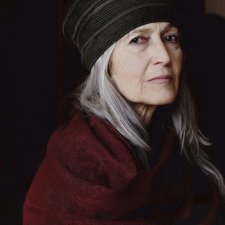
National Photographic Portrait Prize curator, Sarah Engledow, finds reward in a difficult task and ultimately uncovers the essence of portraiture.
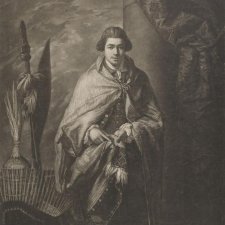
Celebrating a new painted portrait of Joseph Banks, Sarah Engledow spins a yarn of the naturalist, the first kangaroo in France and Don, a Spanish ram.
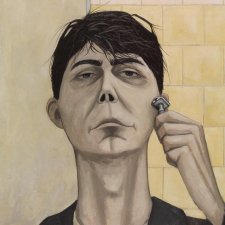
Dr Sarah Engledow explores the early life and career of John Brack.
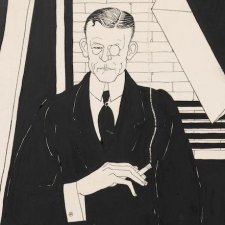
Charles Haddon Chambers the Australian-born playboy playwright settled permanently in London in 1880 but never lost his Australian stance when satirising the English.